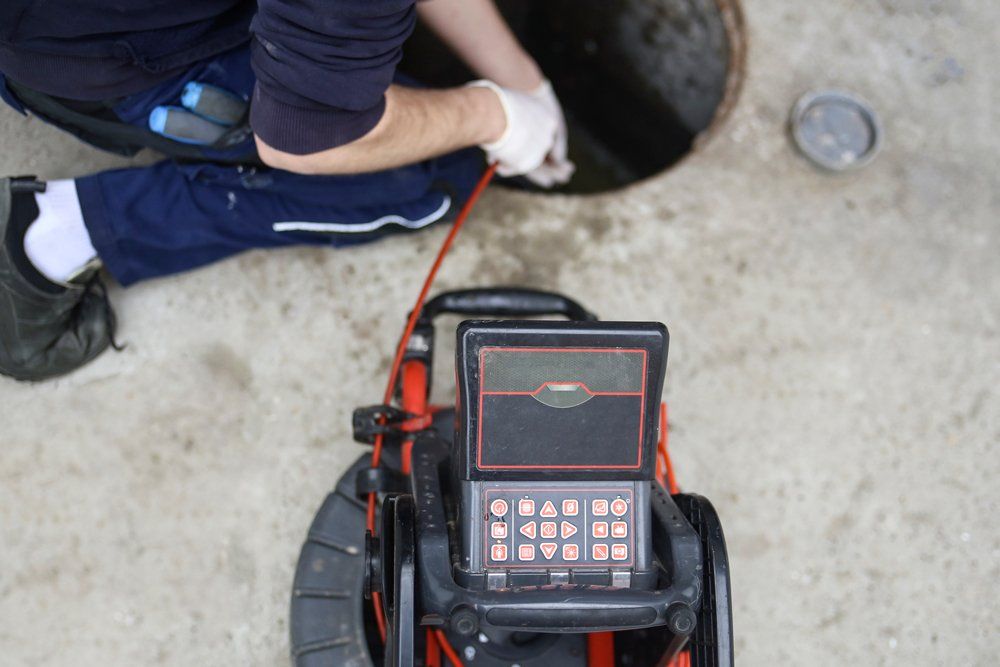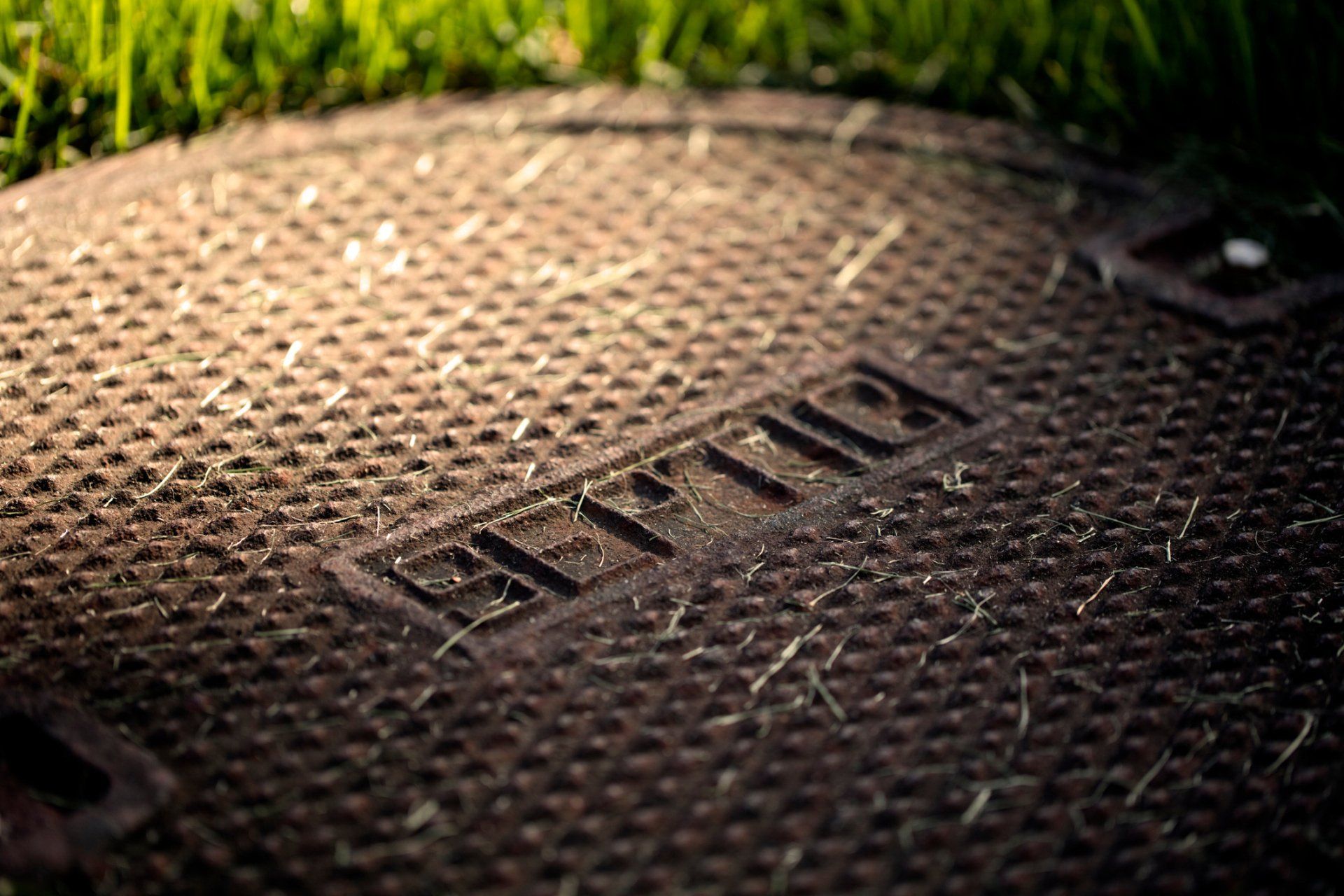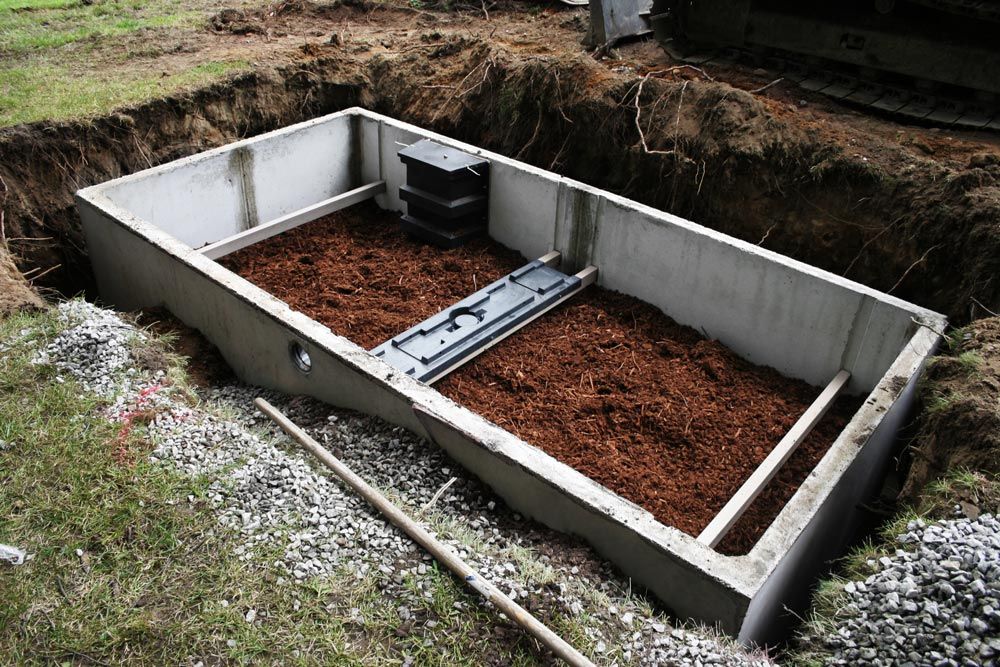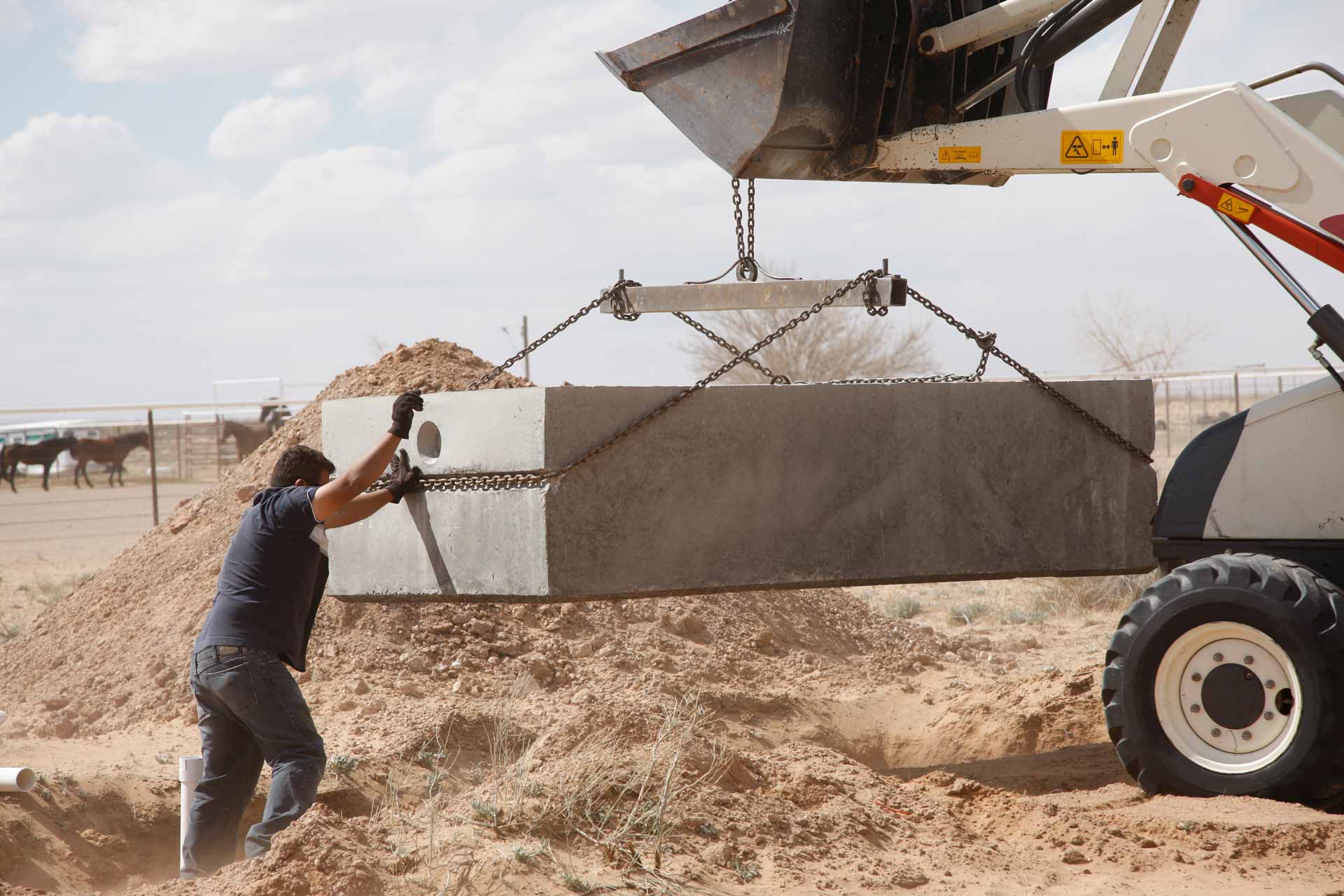3 Restaurant Grease Interceptor Myths
If you own or manage a restaurant, then your plumbing system likely has a grease trap, or grease interceptor. This separates fats, oils, and greases (FOGS) from your wastewater before it flows into the municipal sewer system. While you may understand how this trap works, you may also believe some common grease trap myths.
Learn about three common restaurant grease trap myths and the truth behind these common misconceptions.
1. You Should Clean Your Grease Trap Only When It Is Full
Some business owners wait to clean their grease interceptors until they are full due to the belief that there is simply no reason to clean them sooner than this. However, all grease traps should be cleaned when the layer of solids occupies a small percentage of the interceptor wet area or when city ordinances require - whichever comes first.
After solids accumulation surpasses a certain percentage of the trap capacity, the interceptor can experience a drop in efficiency, and trap clogs are more likely to occur.
In addition, the grease that enters your interceptor becomes more acidic and corrosive over time due to hydrolysis, a chemical reaction that occurs when FOGs are in contact with water. If you wait until your trap is full of old, corrosive FOGs to clean it, the corrosive fats can damage many grease trap components, including your interceptor baffle.
2. You Can Pour Oil Into Your Drains When You Have a Grease Interceptor
Many restaurant owners find that their grease traps fill more quickly than they expect, leading to the need for frequent cleanings. This often occurs when the restaurant staff believes that you can pour oils down the drain when the restaurant has a grease interceptor.
However, a restaurant grease interceptor is not an oil disposal device. It instead ensures that any FOGs that accidentally enter the plumbing system do not clog facility pipes or enter the municipal sewer system.
Reduce the need for extremely frequent interceptor cleanings by training your staff in proper oil disposal.
All waste oils should go in proper waste cooking oil containers and then to a local cooking oil and grease recycler. In addition, remove all grease covering dirty cooking pans and dishes from the dishes before they go in the sink or dishwasher. Also, scrape all greasy food scraps into the trash instead of down the garbage disposal.
New kitchen staff members will likely make occasional mistakes when disposing of grease without creating an interceptor problem. However, interceptor wear and tear that shortens its lifespan and the need for more frequent cleanings increases when extra FOGs frequently and intentionally are washed down restaurant drains.
3. Interceptor Cleaning Companies Dispose of Grease in Landfills
Many people believe that grease interceptor cleaning companies dispose of the grease they collect in landfills. However, the Environmental Protection Agency (EPA) Solid Waste Disposal Act of 1965 prohibits disposing of interceptor FOGs in landfills. Instead, this waste typically goes to a facility where it is reused or recycled.
Some facilities that accept interceptor grease waste use this grease to create compost. FOGs mix with paper; plant matter, such as weeds and leaves; and sewage sludge to create a compost very high in nutrients.
Other interceptor grease disposal facilities use FOG to create biogas, an emerging source of renewable energy, by mixing this grease with agricultural waste and then processing this mixture in an anaerobic chamber.
If you own or manage a restaurant with a grease interceptor, or grease trap, then forget these three grease interceptor myths. Instead, contact Pete's Outflow Technicians for all of your commercial grease trap maintenance needs today. We look forward to helping you.









